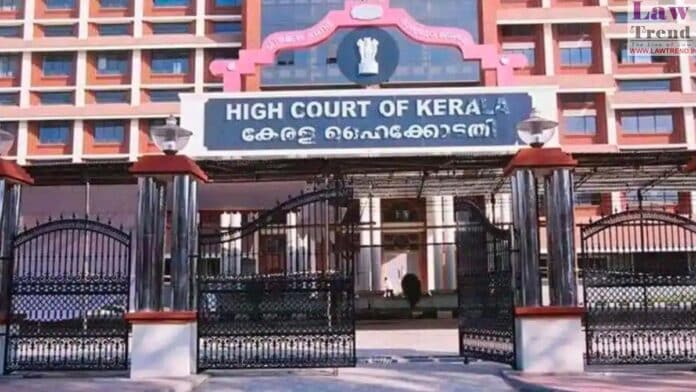In a significant ruling, the Kerala High Court, presided over by Justice Murali Purushothaman, declared that publicly displaying photographs of loan defaulters by financial institutions infringes on their fundamental right to privacy and dignity. The court made these observations while dismissing a writ petition filed by the Chempazhanthi Agricultural Improvement Co-operative Society Ltd. in Thiruvananthapuram.




